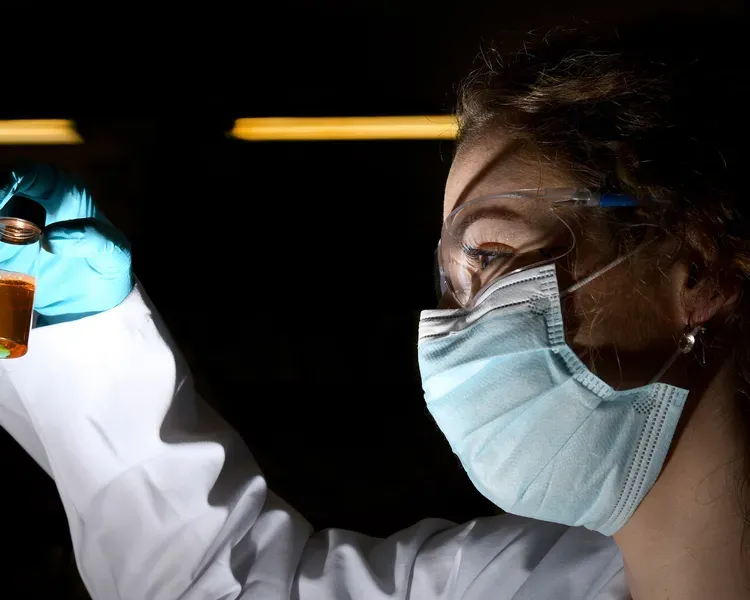Research at LRCFS
Our research projects are undertaken by a team of principal investigators, research assistants, postdoctoral researchers, learning technologists, public engagement experts, PhD and MSc researchers

All of our research has practitioner input and the specific project areas are influenced by the outputs of strategic conversations which encompass the views of the whole crime scene to court ecosystem in challenge focused discussions. All projects are aligned to the five LRCFS thematic research pillars (detection, recognition, comparison, interpretation/evaluation and communication) and some of our work spans more than one thematic pillar.